Though not at its peak up till now, the role of AI in campus diversity is mushrooming, helping universities address admissions challenges and promote inclusivity. It helps identify students from diverse backgrounds and provides them with the support they need.
Table Of Contents
Universities are working to improve diversity and inclusivity, but challenges prevail. AI can help address these issues by ensuring fairer admissions and providing better support. Here are some key points:
- The University of California sued in 2025, alleging racial discrimination by favouring Black and Latino applicants over Asian American and white applicants in admissions.
- A recent study found that 91 of 123 selective colleges considered race in admissions, but the impact varies, with some schools seeing declines in certain racial groups.
The role of AI in campus diversity is consequential as it can help universities implement fair, transparent, and inclusive admissions practices while supporting diverse students and improving the overall campus experience.
The Growing Role of AI in Campus Diversity and Inclusion
AI is transmogrifying higher education, providing new opportunities to improve diversity and inclusivity across campuses. From admissions to student support, AI tools are helping universities address the challenges they face in creating a more fair and inclusive learning environment. Here’s how the role of AI in campus diversity is making a difference.
- AI in Admissions and Recruitment
AI is changing admissions and recruitment by streamlining the process and promoting fairness. A recent survey found that 50% of admissions offices use AI for evaluations, a number that is expected to grow. AI helps reduce biases, automate tasks like document review, and allows staff to focus on other aspects of recruitment. With EDMO’s Document Intelligence, universities can automate application processing, reducing manual effort by 40% and accelerating admissions decisions. AI-powered document analysis helps universities work more efficiently while promoting diversity and inclusion.
- Personalized Learning and Accessibility
AI is personalizing learning and making it more accessible. Adaptive learning platforms use AI to assess students’ strengths and weaknesses, providing resources to help them succeed. AI tools like speech-to-text and language translation also support students with disabilities and non-native speakers. For example, Jill Watson, an AI assistant at Georgia Tech, managed 10,000 student queries with a 97% success rate, freeing up teachers for more complex tasks.
- Bias Detection and Fair Assessments
AI tools are helping to reduce biases in grading and assessments by evaluating students based on their actual performance. Traditional methods often unintentionally favour certain groups, but AI-based systems ensure fairness. A survey revealed that 70% of admissions staff use AI for document review, and 60% use it for evaluating personal essays, leading to more unbiased evaluations in academic admissions. This shift towards AI improves fairness and efficiency in the evaluation process.
- AI in Supporting At-Risk Students
AI is important in identifying students at risk of falling behind, particularly among first-year and minority students who may lack support systems. By evaluating academic performance, engagement, and behaviour patterns, AI can identify students who need additional help, allowing for early intervention. EDMO’s Conversation Intelligence improves this process with AI-driven sentiment analysis, detecting at-risk students in real time and enabling timely support. With 24/7 AI-powered assistance, universities can provide personalized outreach, ensuring students stay on track. Ivy Tech Community College used AI to identify 16,000 at-risk students, providing personalized help. Ivy Tech shifted gears to Google Cloud and bolstered its AI engine. As an aftereffect, it upsurged its capacity to manage and extract 12 million data points from pupil interactions and leveraged an 80% efficiency rate in predicting course outcomes. As a result, 98% of these students passed their courses, showing how AI can improve student success and promote inclusivity.
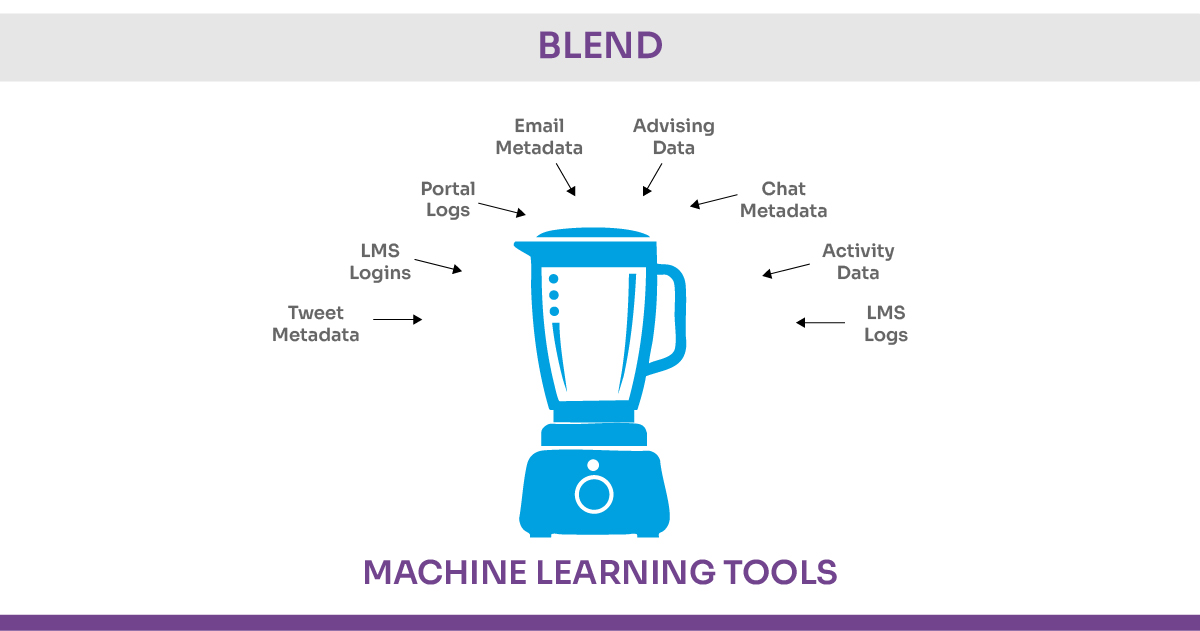
- Enhancing Campus Engagement and Communication
AI chatbots are bolstering campus communication by offering 24/7 support for inquiries on admissions, course registration, and scholarships. Cambrian College’s chatbot now handles over 70% of incoming chats, and due to its success, another bot was launched in the International Student Department. With 95% of students open to chatbot interactions, these tools are improving engagement and communication across campuses.
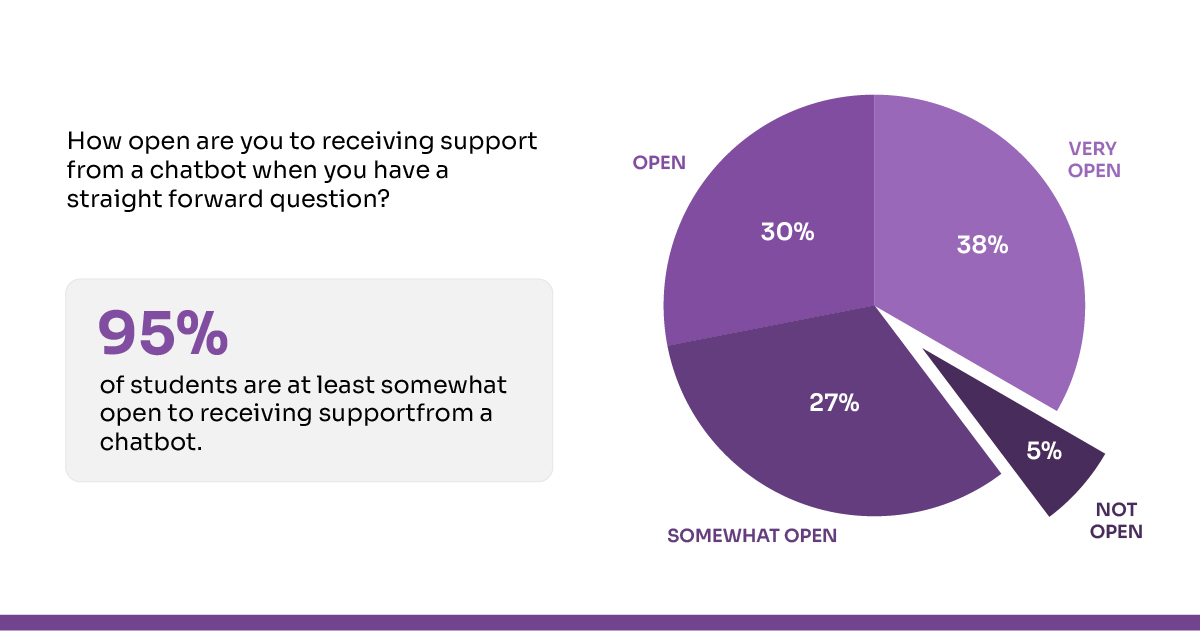
The role of AI in campus diversity is important in creating more inclusive and fair educational environments. By using AI-based tools, universities can support diverse students and ensure fair opportunities for all.
Conclusion
AI is changing higher education by fostering diversity and inclusion across campuses. From unbiased admissions processes to personalized learning and mental health support, AI-based tools are helping universities create a more fair and supportive environment for all students.
Also Read: Why Higher Ed Needs to Rethink the Admissions Funnel
Enhancing Funnel Conversion for a High School Equivalency Diploma Certification Body with EDMO
5 Key Trends in Enrollment That EVERY University Executive Should Know
Franklin & Marshall Partners with EDMO to Boost Student Engagement and Admissions
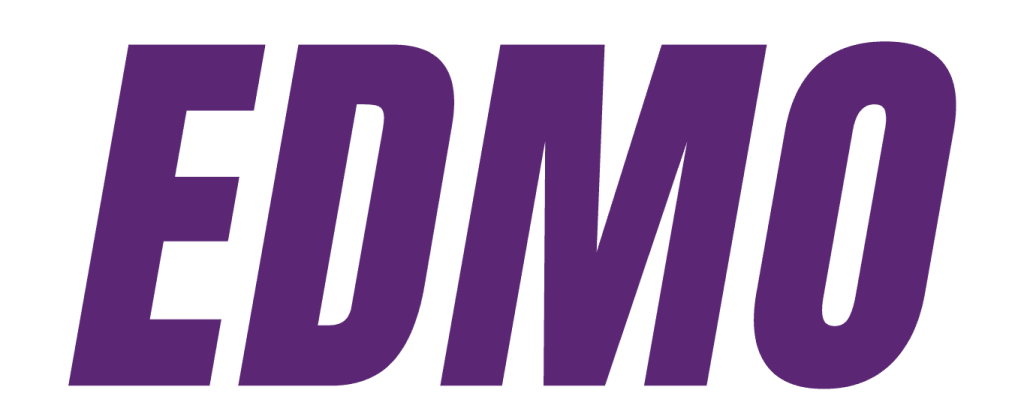
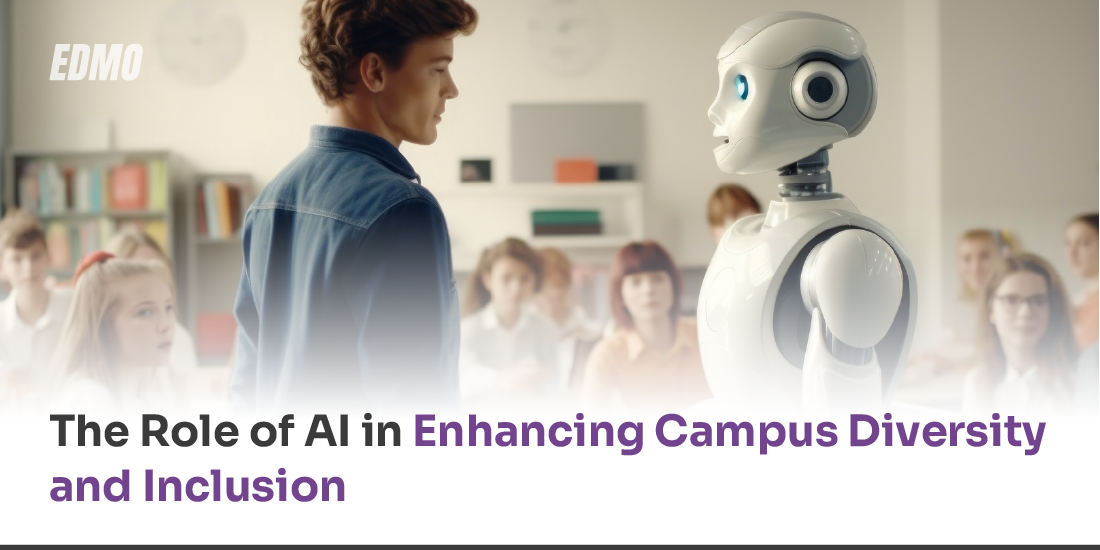
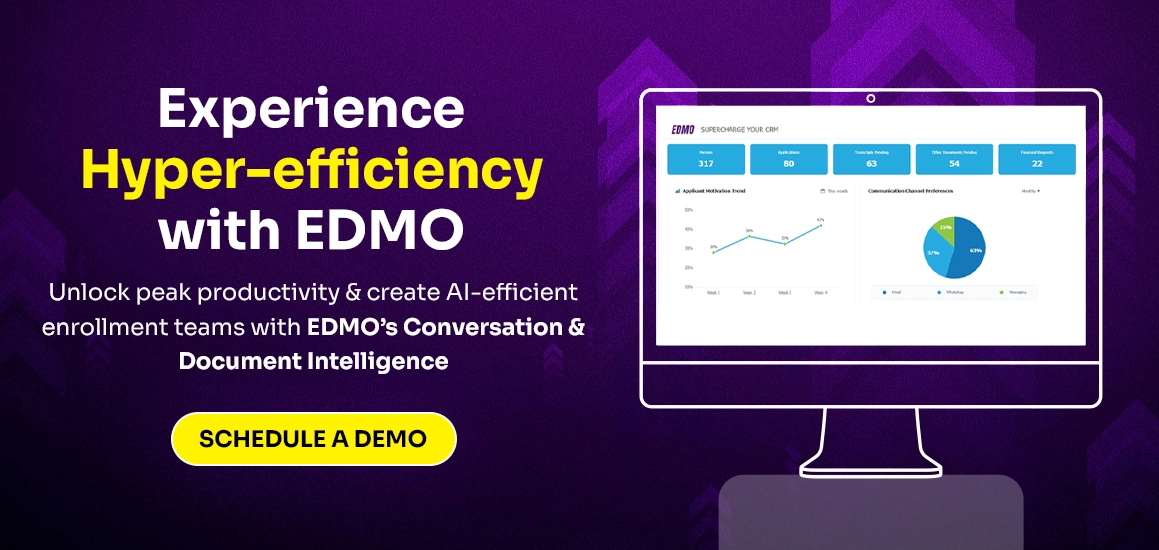


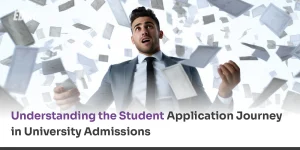


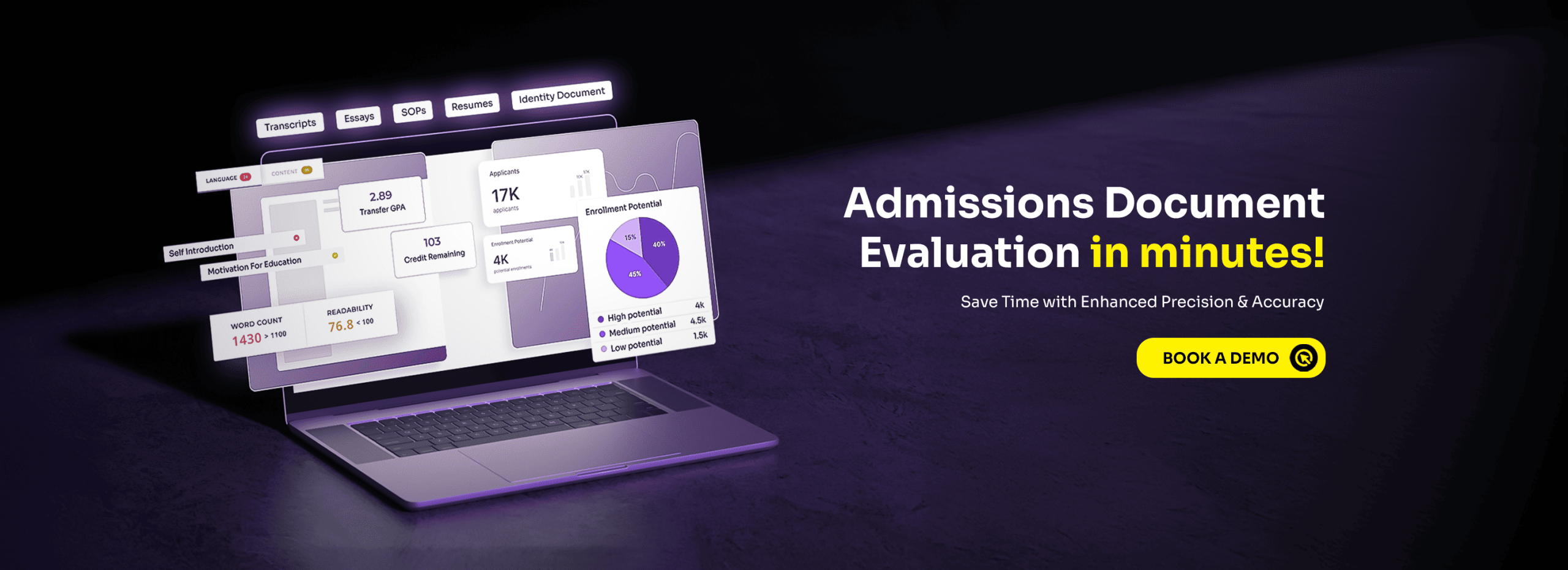
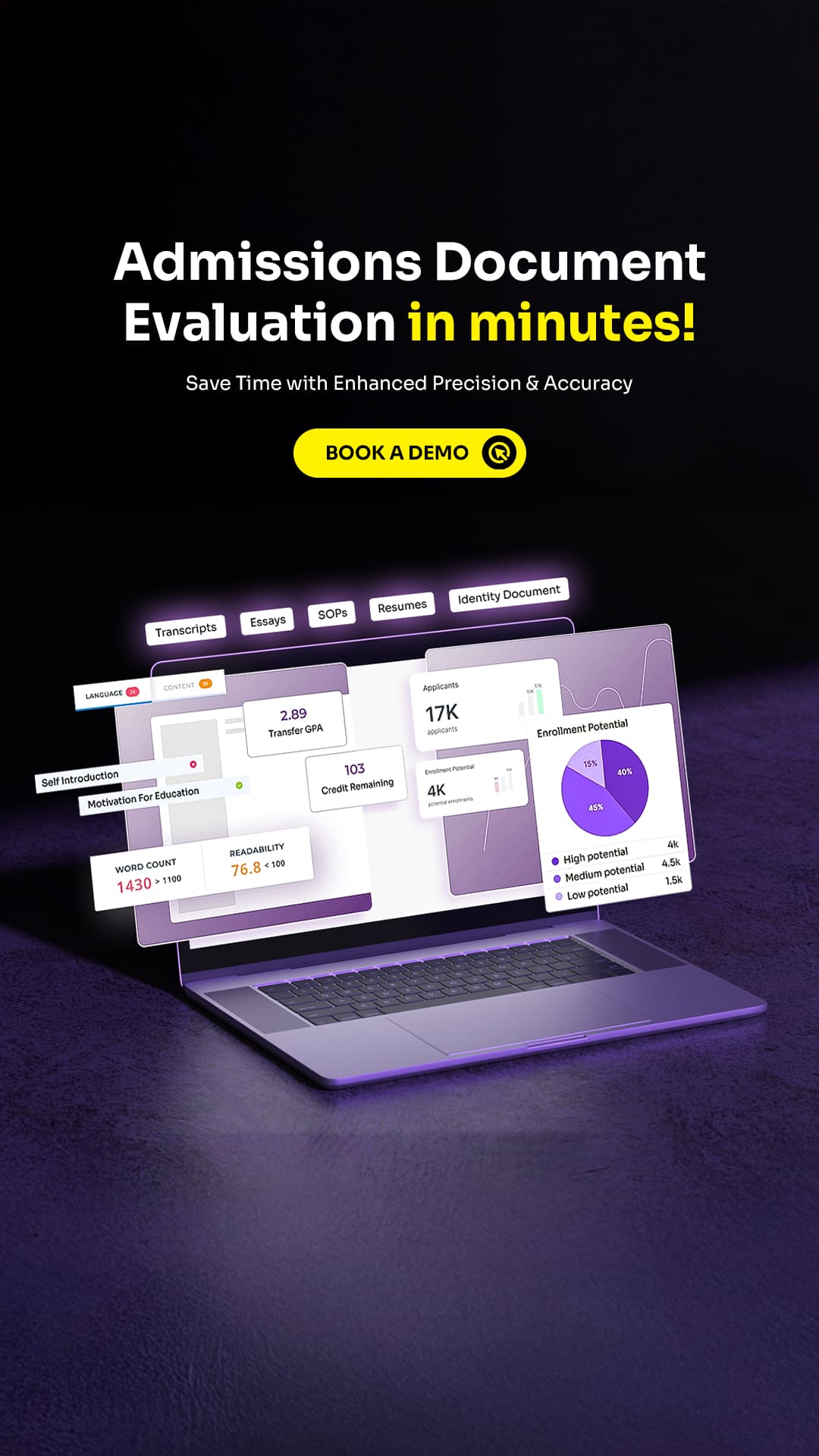
No comments yet. Be the first to comment!
Leave a Comment